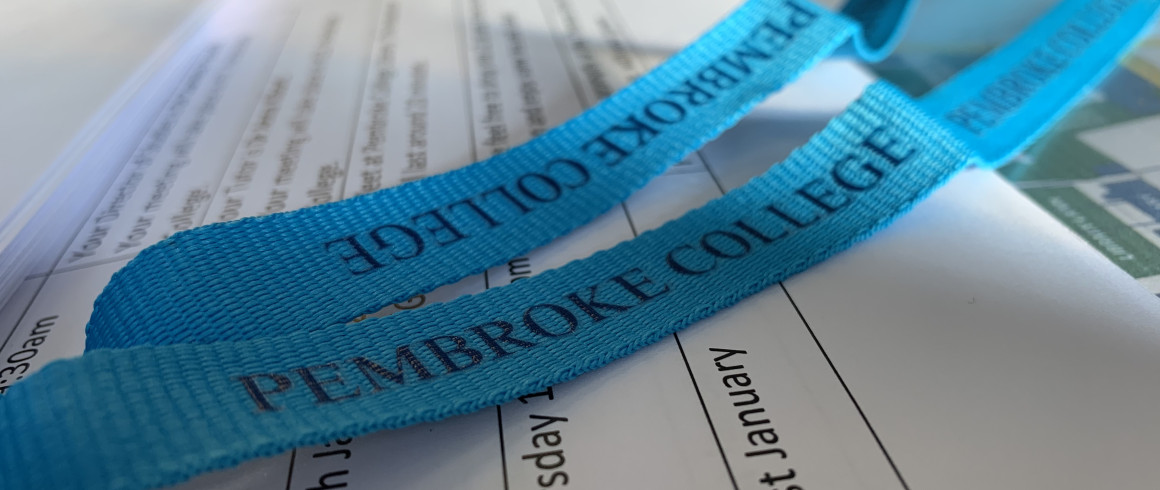Mathematics (Variational Principles)
The Mathematics project will give you the chance to explore a variety of interesting topics not always covered in a standard undergraduate syllabus. These ultimately lead on to some deep mathematical theory, as well as being fun to learn about in their own right. Depending on your own interests and mathematical background, the project can be taken in different directions to allow you the freedom to explore to the parts of the theory that you find to be most significant. The project will still be self-contained.
Intended audience
The research project is intended for anybody with a strong mathematical background and an enthusiasm for learning about new and interesting topics. The flexible project covers a variety of topics and can be tailored to fit the interests of individual students.
Previous knowledge
A strong grasp of high-school mathematics is essential. In particular, fluency with basic algebraic manipulation will be important. To get the most out of the project over the four weeks, some exposure to university-level mathematics, including formal proofs, would be highly desirable. This topic also needs a good knowledge of basic calculus, for example standard differentiation and solving of differential equations (the specifics of which can be discussed before the project begins). The students that enjoy the programme the most will have done some preliminary reading in order to make the most productive use of their supervisions. This along with any preparatory work will be agreed with the supervisor before the programme begins.
In order to be able to write their report as smoothly as possible, the students should be familiar with their preferred software for typesetting mathematics. For students that aren’t already, this could be an excellent opportunity to get set up with LaTeX.
Assessment
During the course of the programme, the supervisor will set exercises to check the student’s understanding and progress. These will make up 75% of the total assessment. The remaining 25% will be assessed via a written report, which should give an account of the material covered during the project. In particular, the report will contain a careful explanation of any of the pieces of theory that the student has used to solve the exercises.
Research Topic: Variational Principles
Please note: The specific research focus of your project will be determined and confirmed with guidance from your supervisor.
In this project you will explore some practical methods for finding when a constrained function (possibly in many variables) has a stationary point, for example finding the maximum windspeed along some path in three-dimensional space given the windspeed at each point. After this you will learn about the Euler-Lagrange equations, and see how these enable us to transfer these ideas over to integrals. These give some powerful equations with physical applications. For example, by interpreting energy as an integral, you will be able to show that a chain hangs in a catenary (which is different from a parabola), and you will be able to consider the behaviour of physical systems using the principle of least action. After this we may go on to explore the second variation, which like its counterpart the second derivative (or Hessian matrix) allows us to decide whether a critical point is a maximum or a minimum.
Prefer to follow a research idea of your own?
Take a look at the Open Stream.
